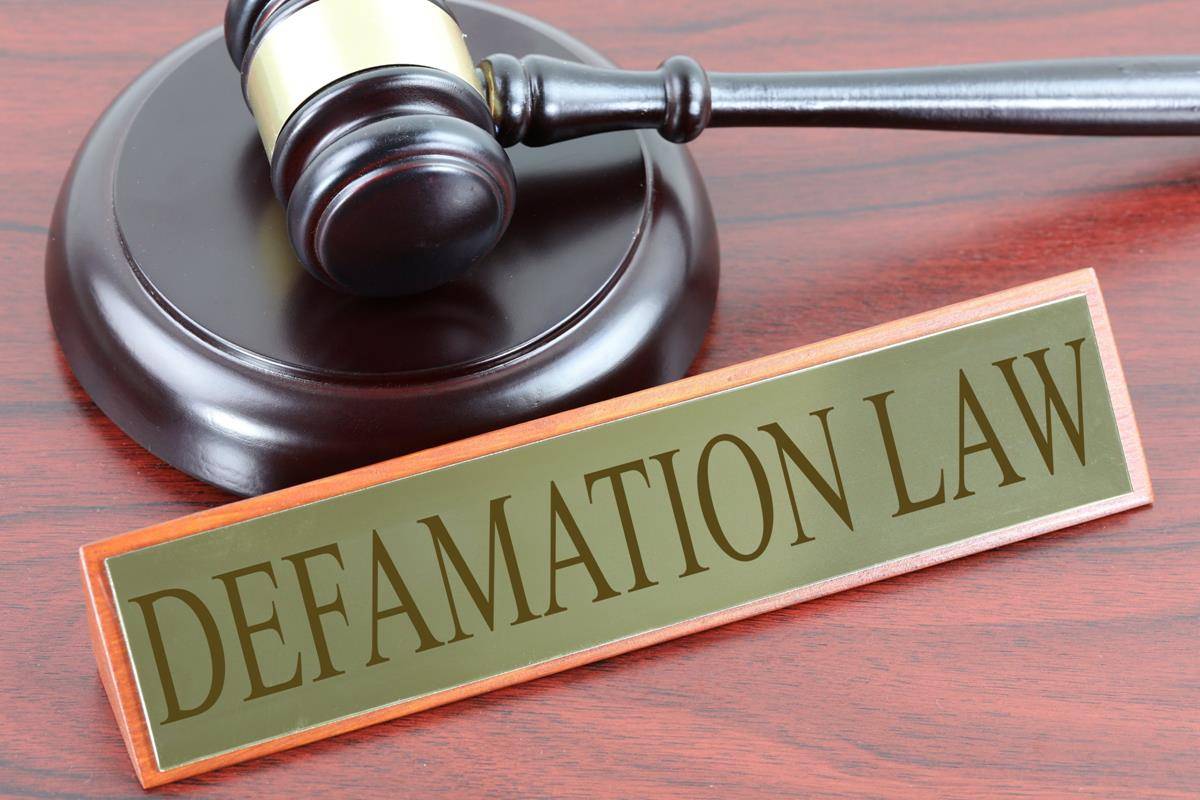Table of Contents
Defamation is both a tort and a crime. Chapter XXI of the I.P.C deals with defamation.
SECTION 499:
A person is guilty of ‘defamation’ if he-
An imputation harms a person’s reputation which, in the estimation of others, directly or indirectly, either
Defamation may be of a deceased person intending to be harmful to the feeling of his family/ near relatives (explanation 1). It may be concerning to be a company, an association, or collection of persons (explanation 2). Explanation 3 lays down that defamation may be in form of an alternative or expressed ironically.
ILLUSTRATION:
This is defamation.
The defamatory matter should be published i.e. communicated to some person other than the one to whom it relates; thus, dictating a letter to a clerk to a publication amounts to a publication.
In cases of defamation, the court first has to decide, as a question of law whether the imputation is capable of being understood in a defamatory sense. If this question is answer the court will then, and only then, proceed to determine if the material had in fact harmed the reputation of the complaint. Every such person who is engaged in composing , dictating and writing or in any way contributing to the making of a libel(written defamation) is the maker of the libel. Thus if one person speaks, another writes and third approves of it, all the three shall be guilty.
The publisher of the newspaper is responsible for defamatory matter published in such newspaper, whether he knows the content of such paper or not. But it should be sufficient answer to a charge of defamation against the editor of newspaper if he proved that the libel was published in his absence and without his knowledge and in a good faith. During his absence, to a competent person.
Types of defamation
Types of defamation – click here
EXCEPTIONS TO DEFAMATION
1). PUBLIC GOOD
Imputation of any truth which the public good requires to be made or published is a defence. Only this exception and exception 4 require that the imputation should be “true”.
2). PUBLIC CONDUCT OF PUBLIC SERVANTS
Opinion expressed in good faith respecting the conduct of a public servant in the discharge of duties of his character so far as it appears in that conduct is a defense.
3.) Conduct of any person touching any public question
It is not defamation in A to express in good faith any opinion whatever respecting Z’s conduct in petitioning government on a public question, in signing a requisition for a meeting on a public question.
4.) Report of a proceedings of courts
It is not defamation to publish a substantially true report of a court of Justice, or of the result of any such proceedings.
5.) bona fide censure
Censure passed in good faith by a person having lawful authority over another is defense.
6.) bona fide accusation
It is not the defamation to prefer in good faith an accusation against any person to any of those who have lawful authority over the person with respect to the subject matter of the accusation.
7.) bona fide imputation
When it is made in a good faith by a person for the protection of his interest, or of any person, or for the public good is defense.
8.) Conveying caution
Caution intended in good faith for the good of the person to whom it is conveyed or some person in whom he is interested, or for public good is a defense.
SECTION 501-502: OTHER COGNATE OFFENCE
Printing or engraving matter known to be defamatory is punishable (501). Selling offering for sale printed substances known to contain defamatory matter is also punishable (sec.502).
YOU MAY ALSO LIKE
- LAW OF DEFAMATION
- Types of Defamation
- CYBER DEFAMATION IN INDIA
- Defamation: An analysis of the law
- Law of Torts – An Overview
Author: Kanika Panwar,
ideal institute of management and trchnology and school of law

